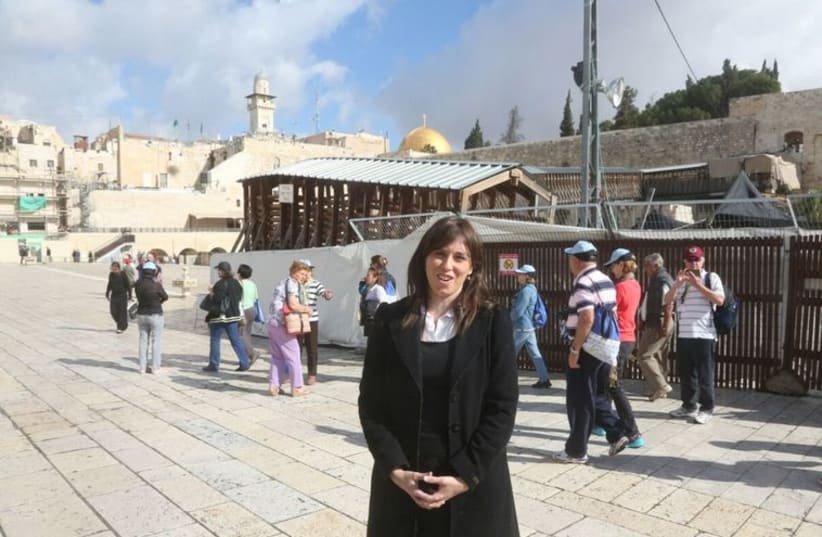Hotovely 'disturbed' that Ministry of Religious Services in 'non-Zionist' hands
MK notes that haredi community makes much less use of services provided by the ministry, the chief rabbinate and the local religious authorities than the national-religious and secular.
